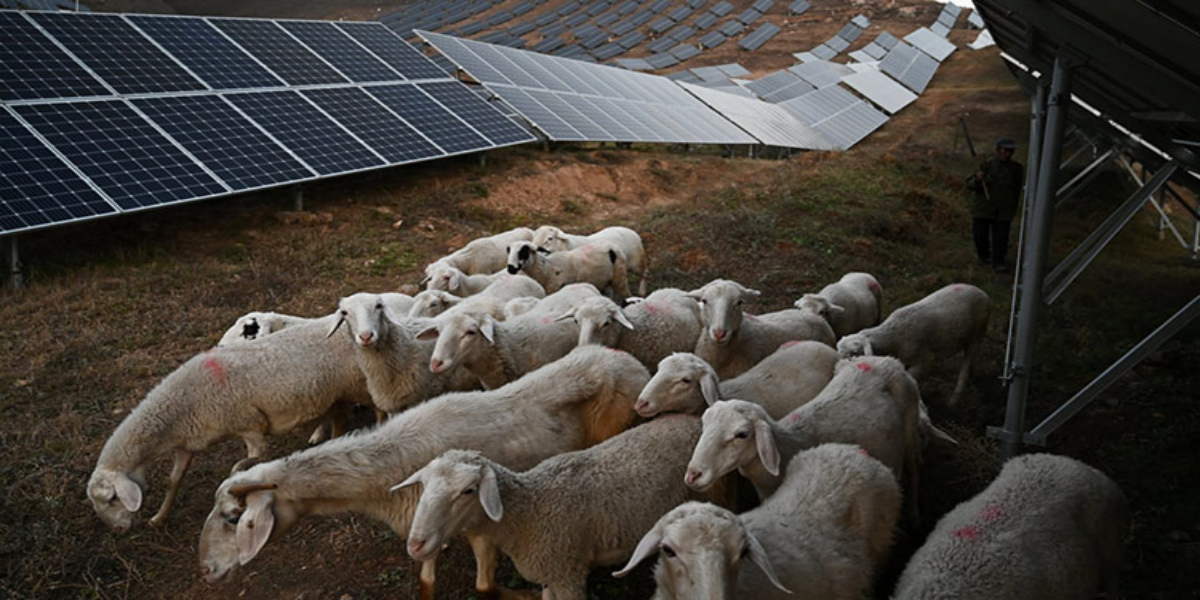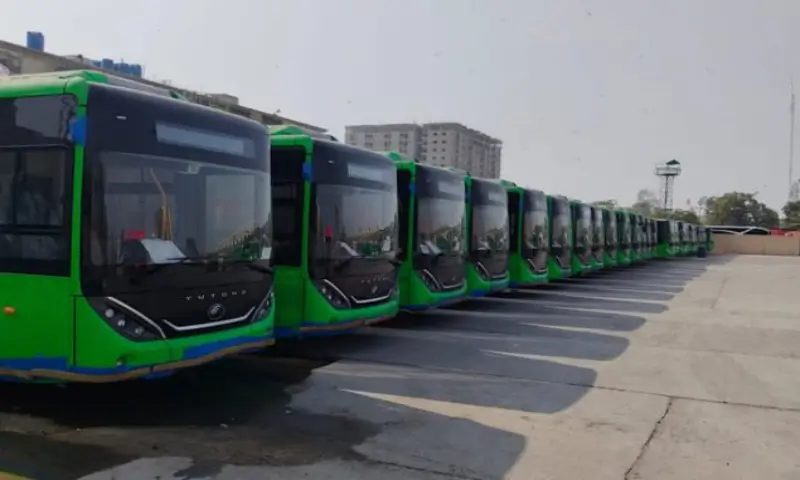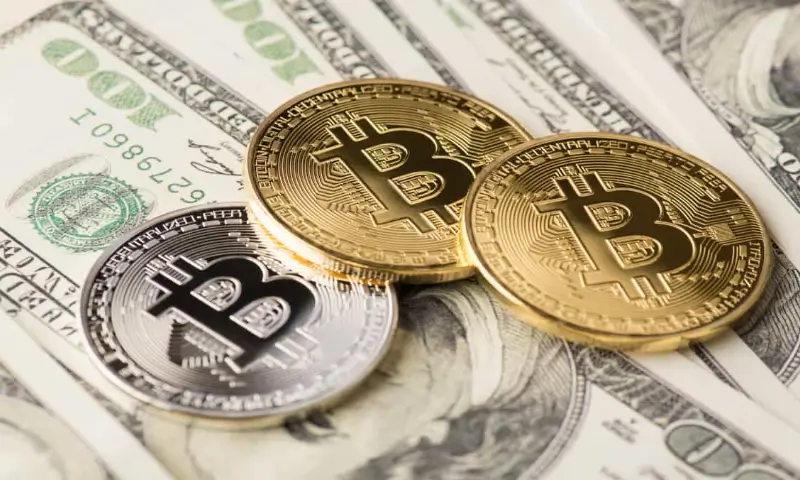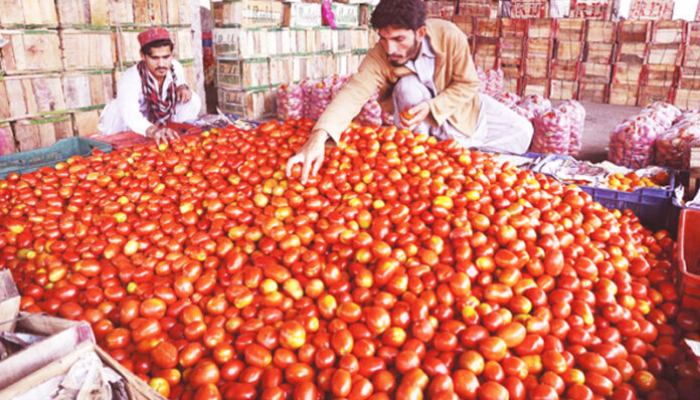Beaten, forced off their land, cheated out of money, and even falsely imprisoned, farmers in China say they are paying a heavy price as authorities rush to deliver on ambitious pledges to ramp up national green energy output.
China has vowed the upcoming Winter Olympics 2022 will be the first Games to be run entirely on wind and solar energy, and have built scores of facilities to increase capacity, but activists warn ordinary people are being exploited by “land grabs” in the process.
In a hamlet near Beijing, the Long family, who say they’ve lost more than half their agricultural land to a sprawling solar farm next door, now have so little income they are burning corn husks and plastic bags to stay warm in winter.
“We were promised just 1,000 yuan per mu of land each year when the power company leased the land for 25 years,” farmer Long from Huangjiao village said, using a Chinese unit of land equal to approximately 667 square metres.
“We can make more than double the amount by growing corn in the same area. Now without land, I eke out a living as a day labourer.”
China is the world’s biggest producer of wind turbines and solar panels, and the Winter Olympics is seen as an opportunity to showcase the country’s green technologies as they seek global markets.
To ensure an uninterrupted power supply for the Games, and clear the winter smog choking the Chinese capital, Hebei province neighbouring Beijing has built a giant plant that takes in power from renewable projects in the province.
That one plant creates 14 billion kilowatt hours of clean electricity every year, similar to the annual energy consumption of Slovenia.
But for farmers like Long and his neighbour Pi, the green energy boom has made their lives more dangerous and difficult.
Pi says villagers were forced to sign contracts, seen by AFP, leasing their land to the solar park built by State Power Investment Group (SPIC), one of the five biggest utility companies in the country.
Those who didn’t agree were beaten by the police, he said, adding “some were hospitalised, some were detained.”
Pi was jailed for 40 days, while Long languished in prison for nine months for “illegally gathering and disturbing peace,” after a public protest.
“The situation is similar to a mafia,” Pi said. “If you complain, then you’ll be suppressed, imprisoned and sentenced.”
The average annual disposable rural income in Baoding is about 16,800 yuan ($2,600), a figure both Long and Pi said they can no longer make.





















